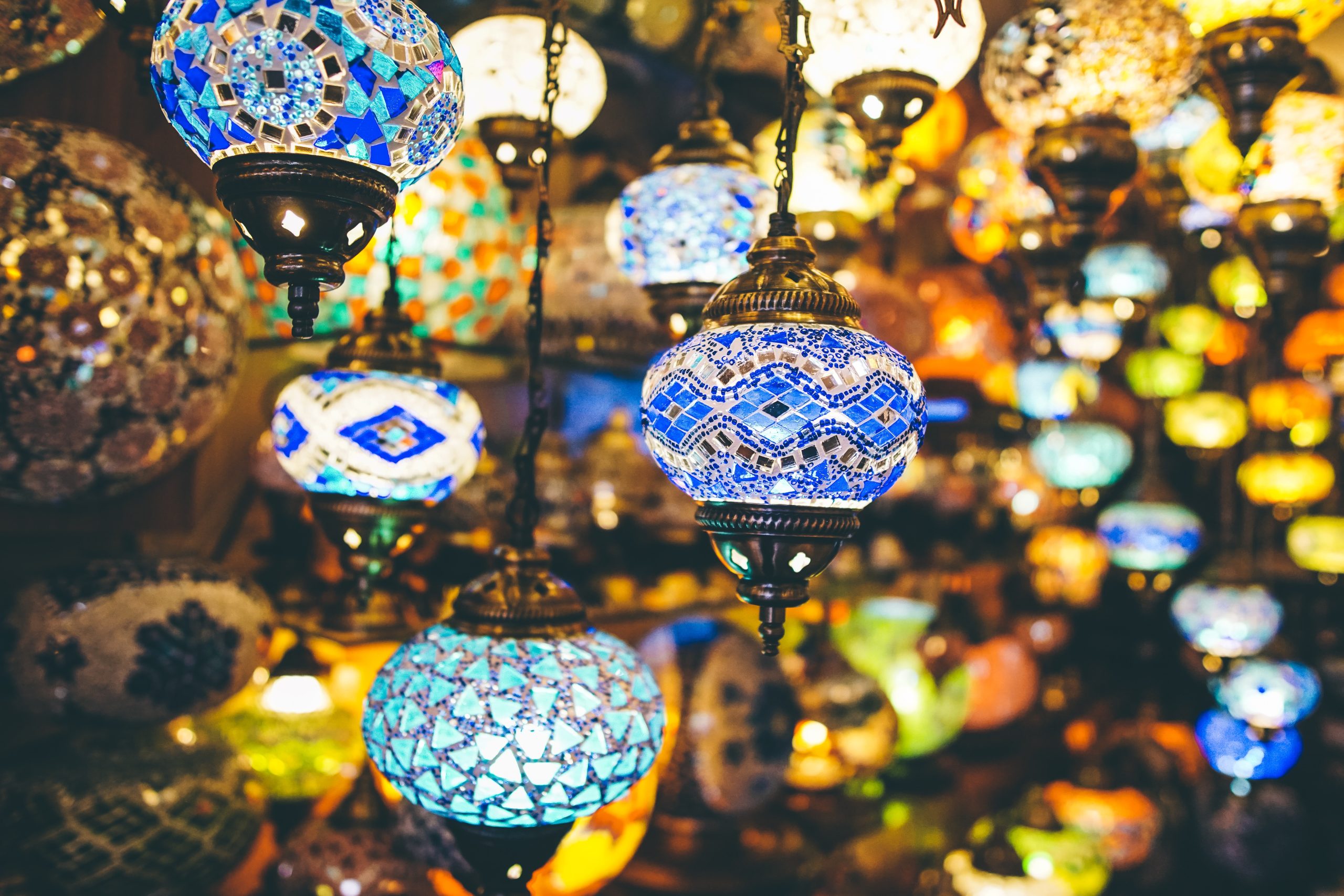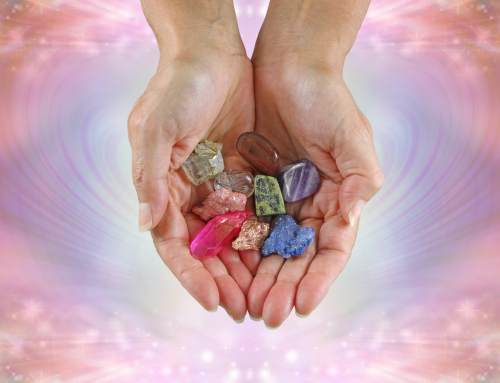Fasting is one of nature’s most potent remedies. Today, for many of us, the general rule around food is abundance rather than scarcity, and so the natural cycle of feast and famine that our ancestors were used to is no longer in place.
Ramadan fasting is about much more than just physical health for Muslims, and also a time to feel compassion for those who do struggle to have enough food to eat, deepen their faith and connections with family and friends. However, the physical health benefits are also an important aspect of this month of fasting, both for Muslims and the many non-Muslims who choose to join their Muslim friends in the practice.
Benefits of Intermittent Fasting
The type of fasting practiced in Ramadan is Dry Intermittent Fasting. When the body has been without food for a certain number of hours (this varies from person to person) it can move its resources from digesting food, delivering nutrients, eliminating waste and storing fat to taking care of all the functions it often doesn’t get the time to because we keep feeding it from waking to sleep. Our insulin and blood glucose get some down time, and while these levels are low the body is able to lower inflammation, release toxins and improve immune function. Dr Jason Fung even uses fasting as an intervention for Type 2 Diabetes, and has excellent results healing his patients with his fasting protocol.
Being Kind to Our Bodies at Iftar
What can sometimes give the body a bit more of a rollercoaster experience during Ramadan is the richness of the iftar dinners and how people tend to overeat after not eating for hours. The practice of breaking the fast with a date is very beneficial as it provides a wide array of nutrients in a tiny package. But rather than rushing straight to the buffet and piling our plates high with the delicious carb rich foods on display, a kinder approach to our systems would be to try and choose some proteins, good fats and veggies first, these will slow the blood glucose and insulin spikes that can be so damaging when they are sky high directly after fasting. If you then choose to have some of the traditional iftar foods after starting with protein and fat, they will have a significantly lower impact on your blood glucose than they would if you started your meal with them.
How to Handle Ramadan if I have an Eating Disorder or Difficult Relationship with Food
For people who have difficult relationships with their bodies and food, fasting can be a tough one. And for people with Eating Disorders, depending on the nature and severity of the eating disorders, fasting may not be the kindest thing to do. The reason this can be complicated is that it mimics the restrict and binge cycle that many of us get caught in. Some of us have used the benefits of fasting as an excuse to abuse the practice of fasting in the past, and for some of us that has ended with the diagnosis of an eating disorder.
If you DO have an Eating Disorder Diagnosis and are a Muslim, please speak to your therapist or the doctor who diagnosed you to ask for support in explaining to your family why you can’t fast. If you do have an Eating Disorder Diagnosis and are not a Muslim, then please support yourself and your recovery by choosing not to fast.
If you don’t yet have a diagnosis, but are concerned about how your food behavior is playing out. Perhaps you are having some compulsive thoughts around food, around forcing yourself to fast a little longer, noticing these extended fasts sometimes end in a binge, or even a purge now and again, you will need to maintain a high level of honesty with yourself around your Ramadan Fasting practice. Continually remind yourself that this practice is not about changing your body size. This is a traditional healing practice that you are engaging in as a community member, and commit to breaking your fast daily, not skipping iftar and suhoor at all, and eating mindfully at those two meals. If you notice that your thoughts around this are overwhelming and it is increasing your negative self-talk or compulsive planning around food, speak to someone who understands and will not shame you for the way you are feeling. Often just being able to share the thing we think is most wrong with us in a non-judgmental and accepting space is extremely healing in itself.






